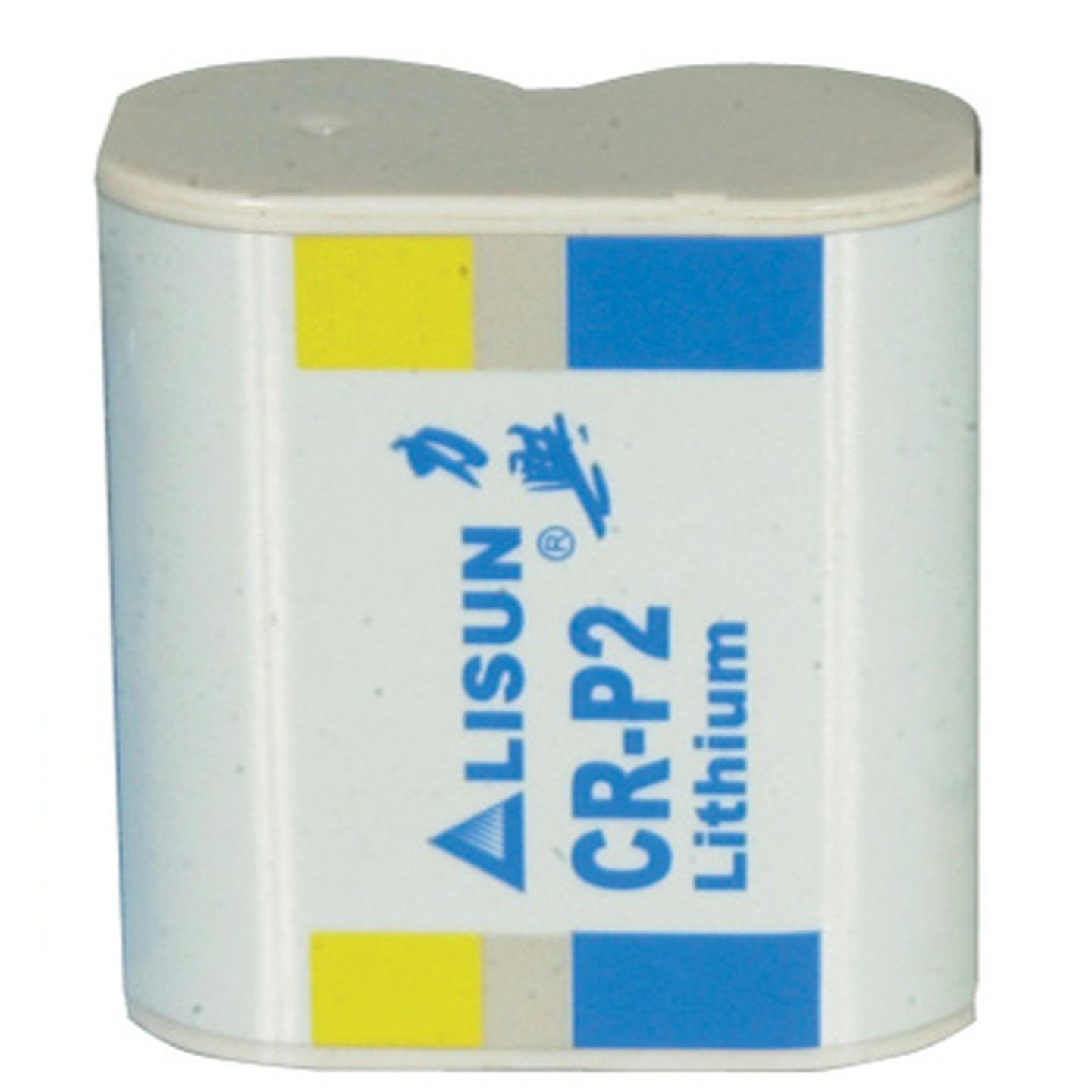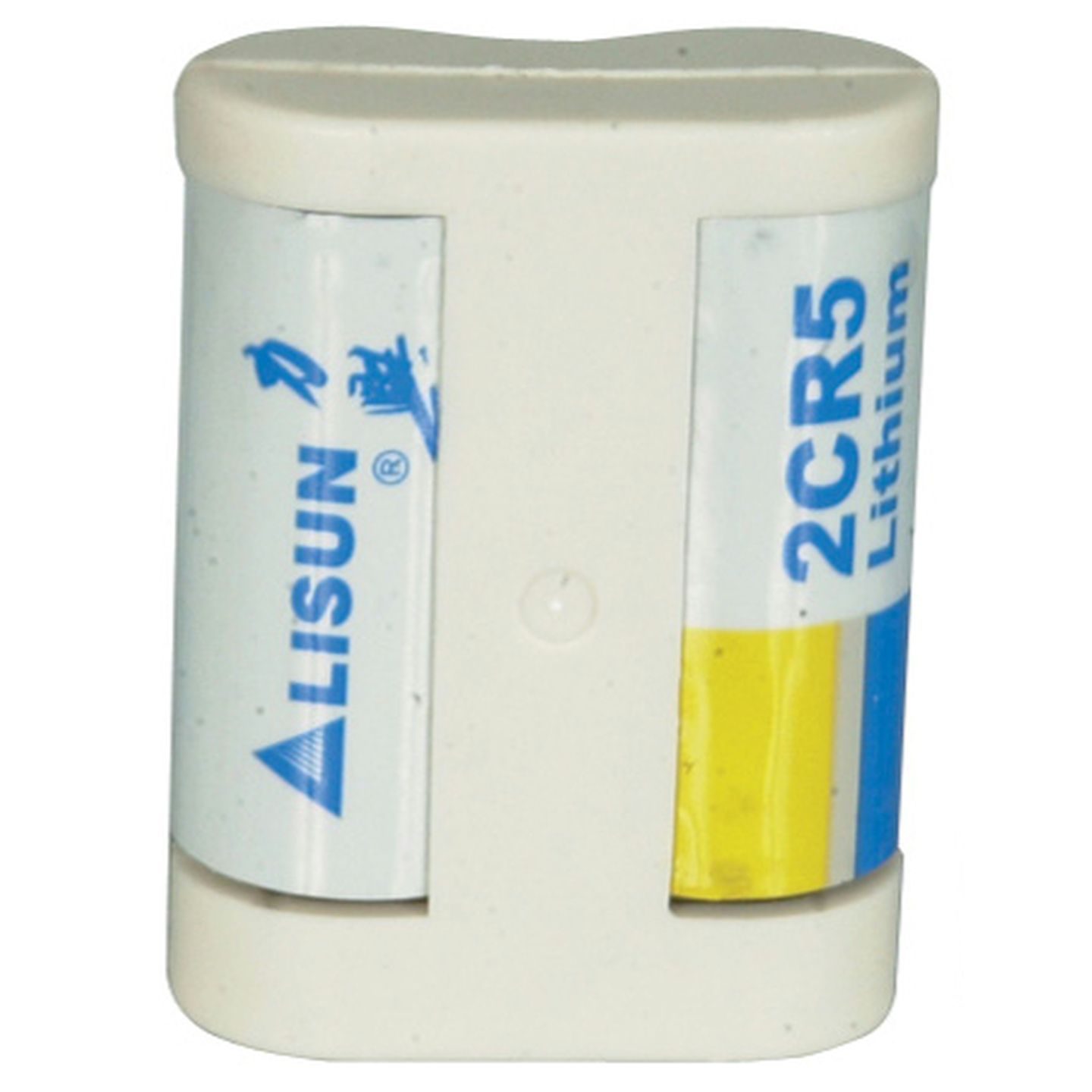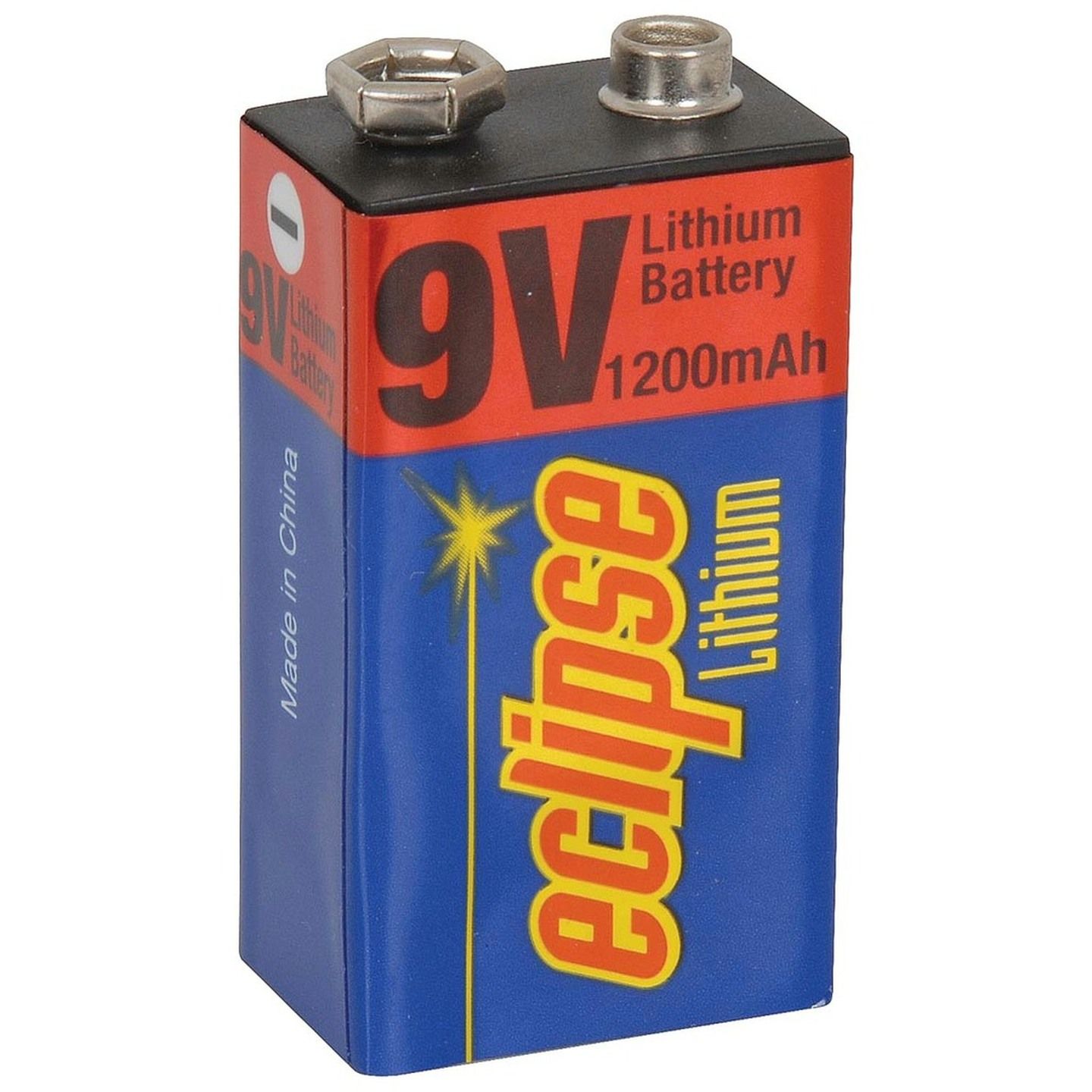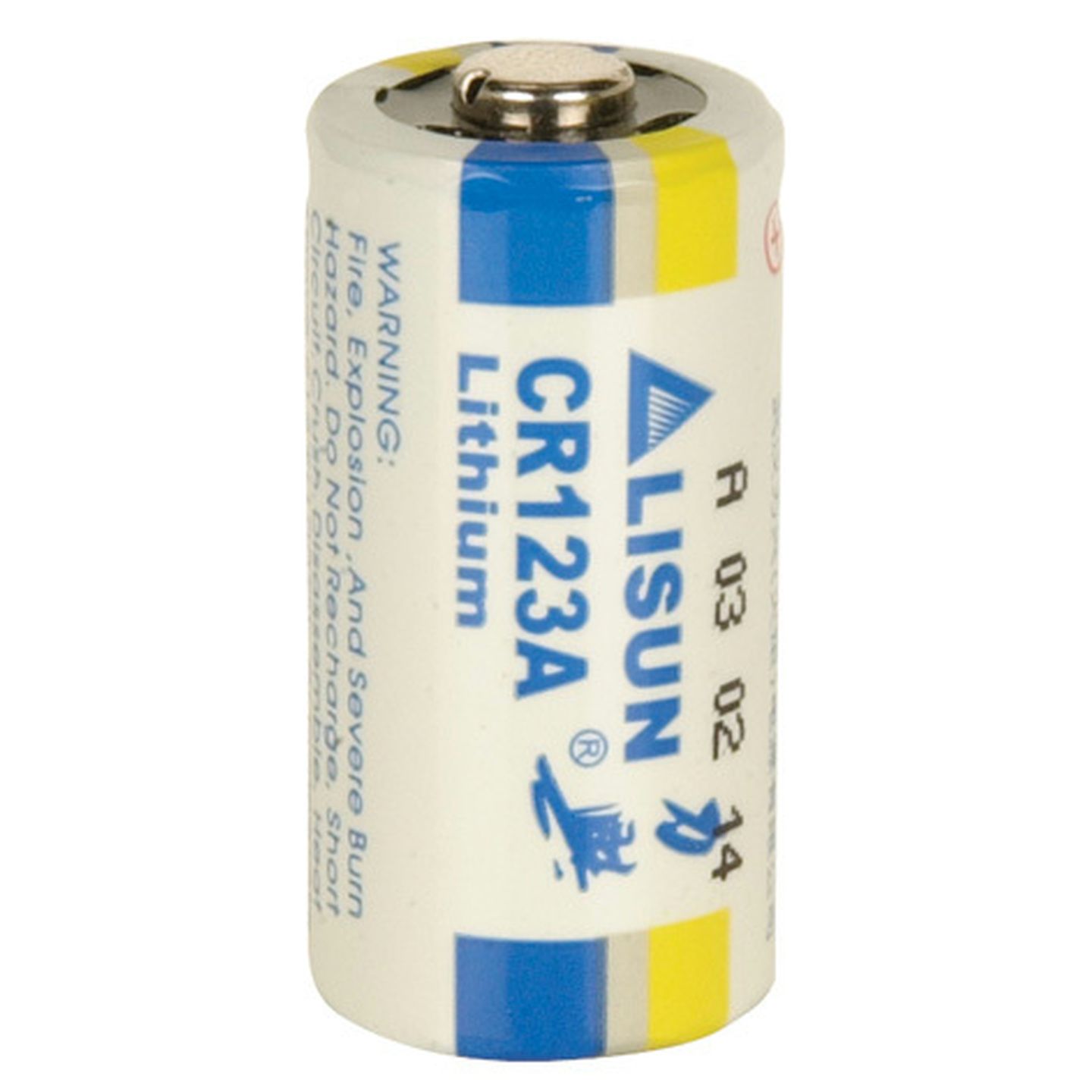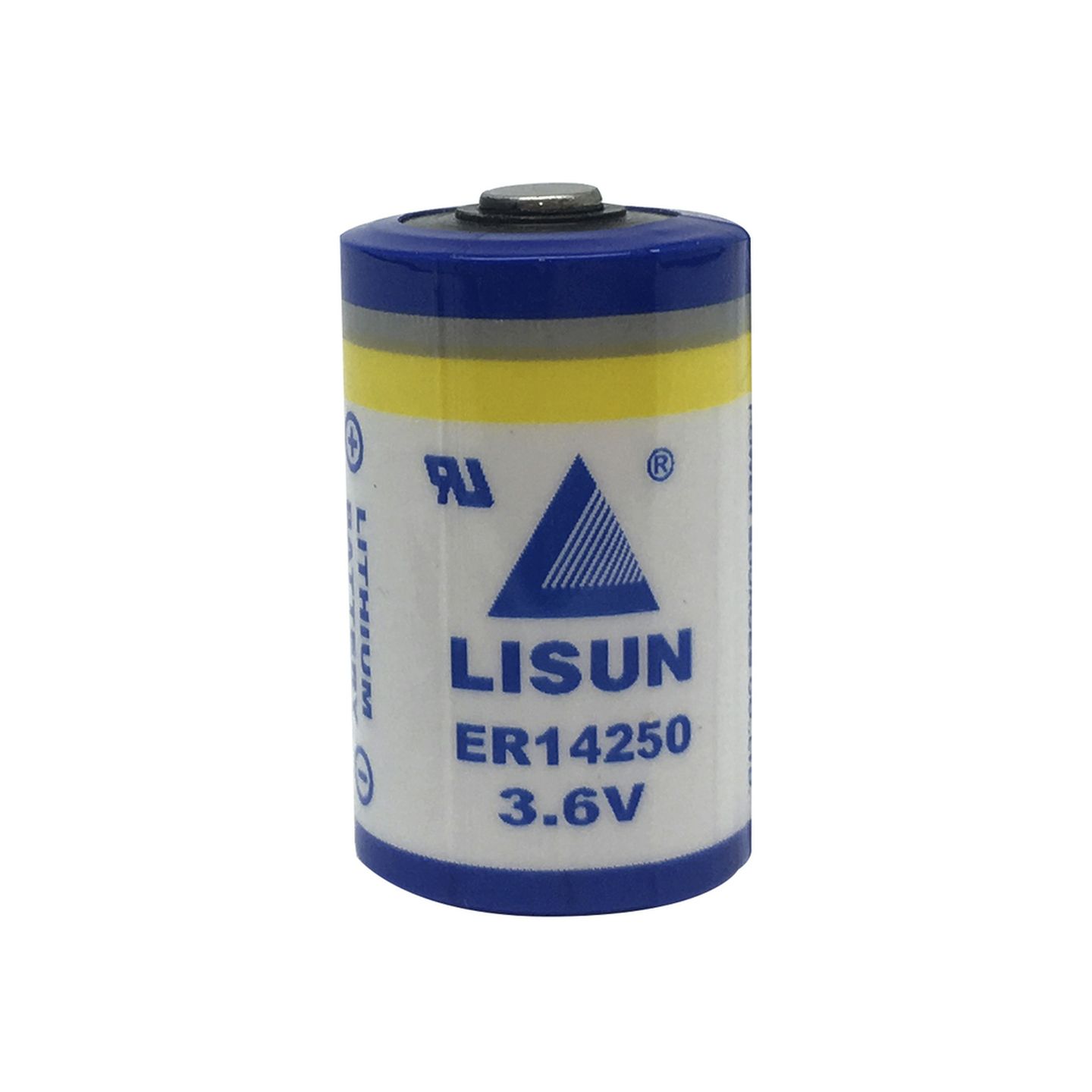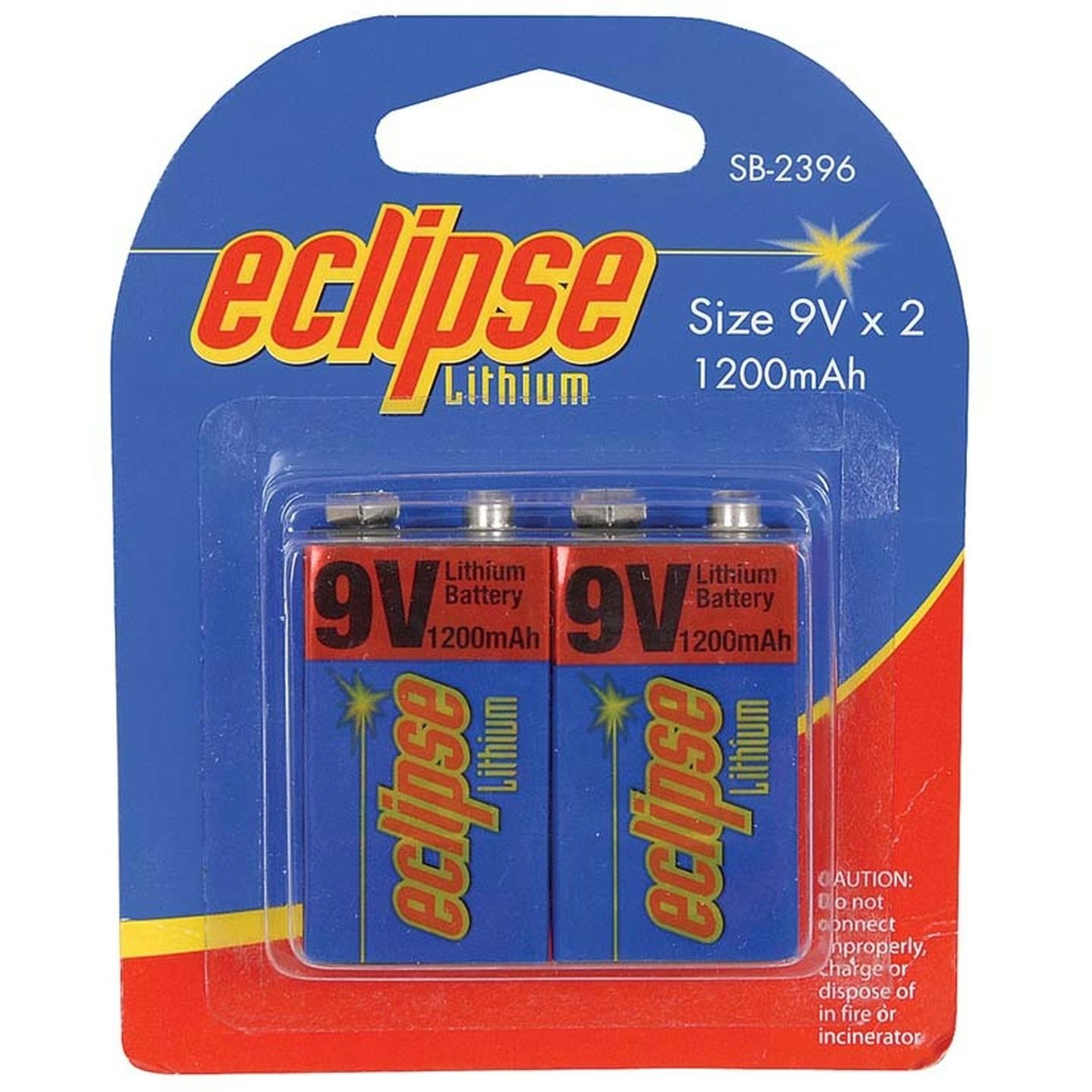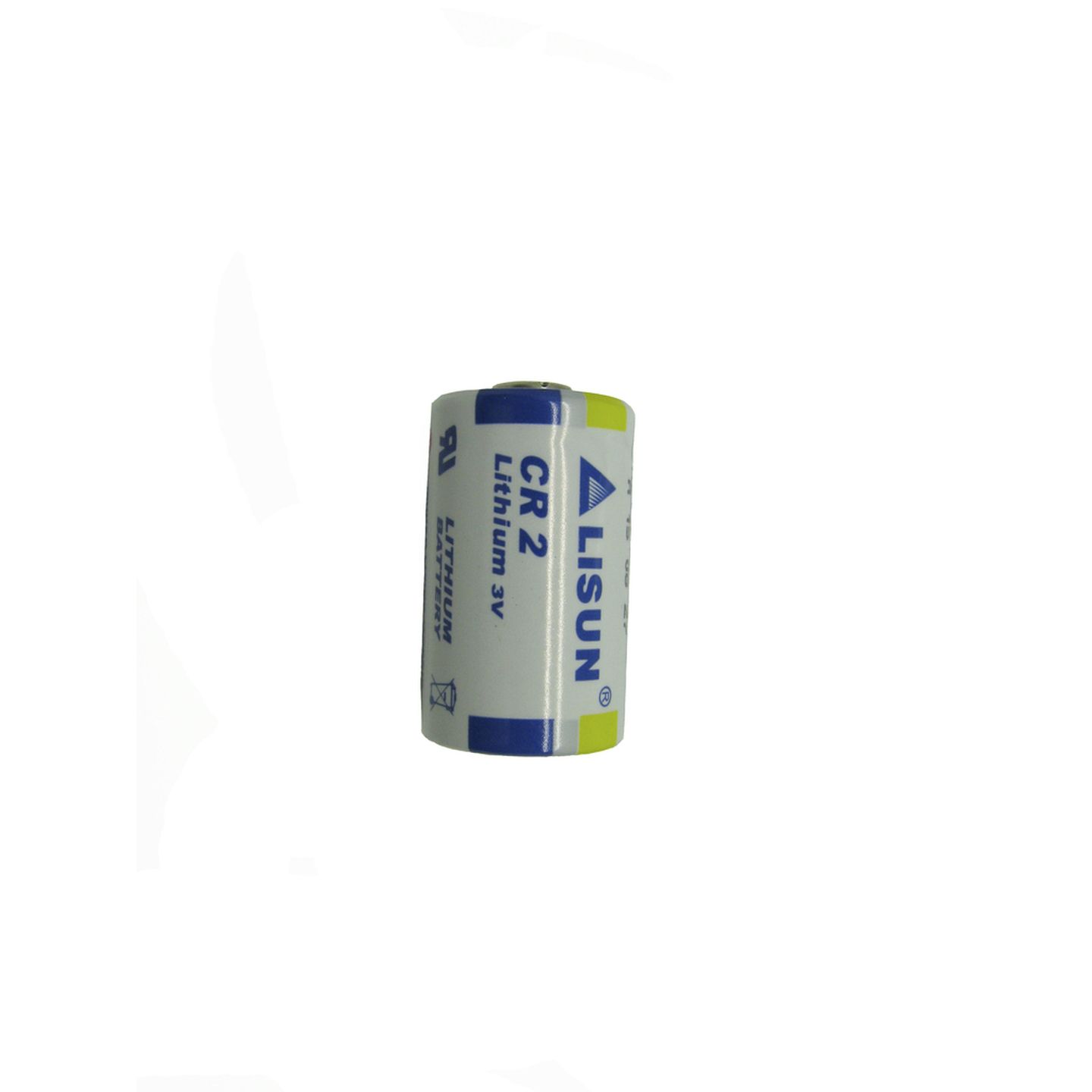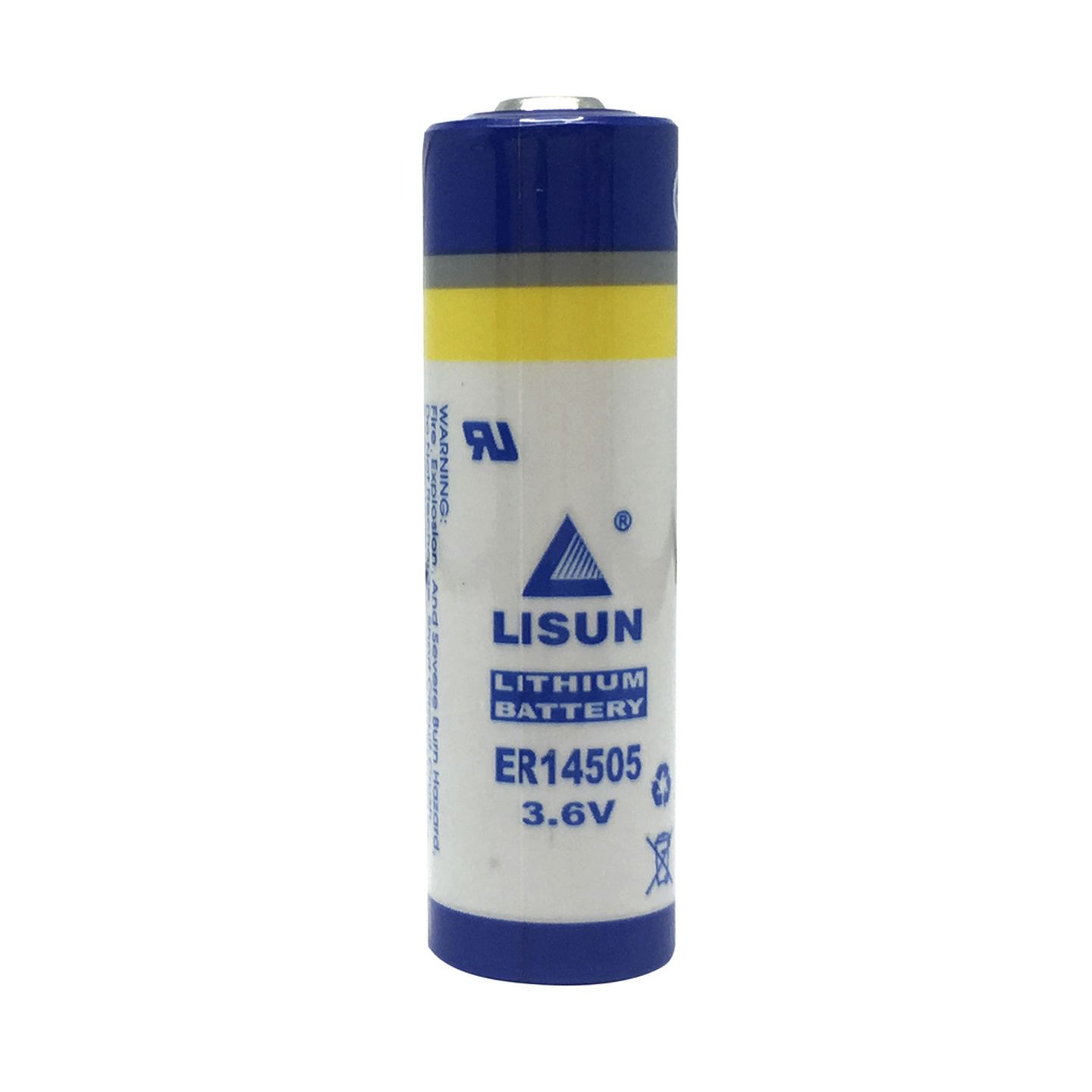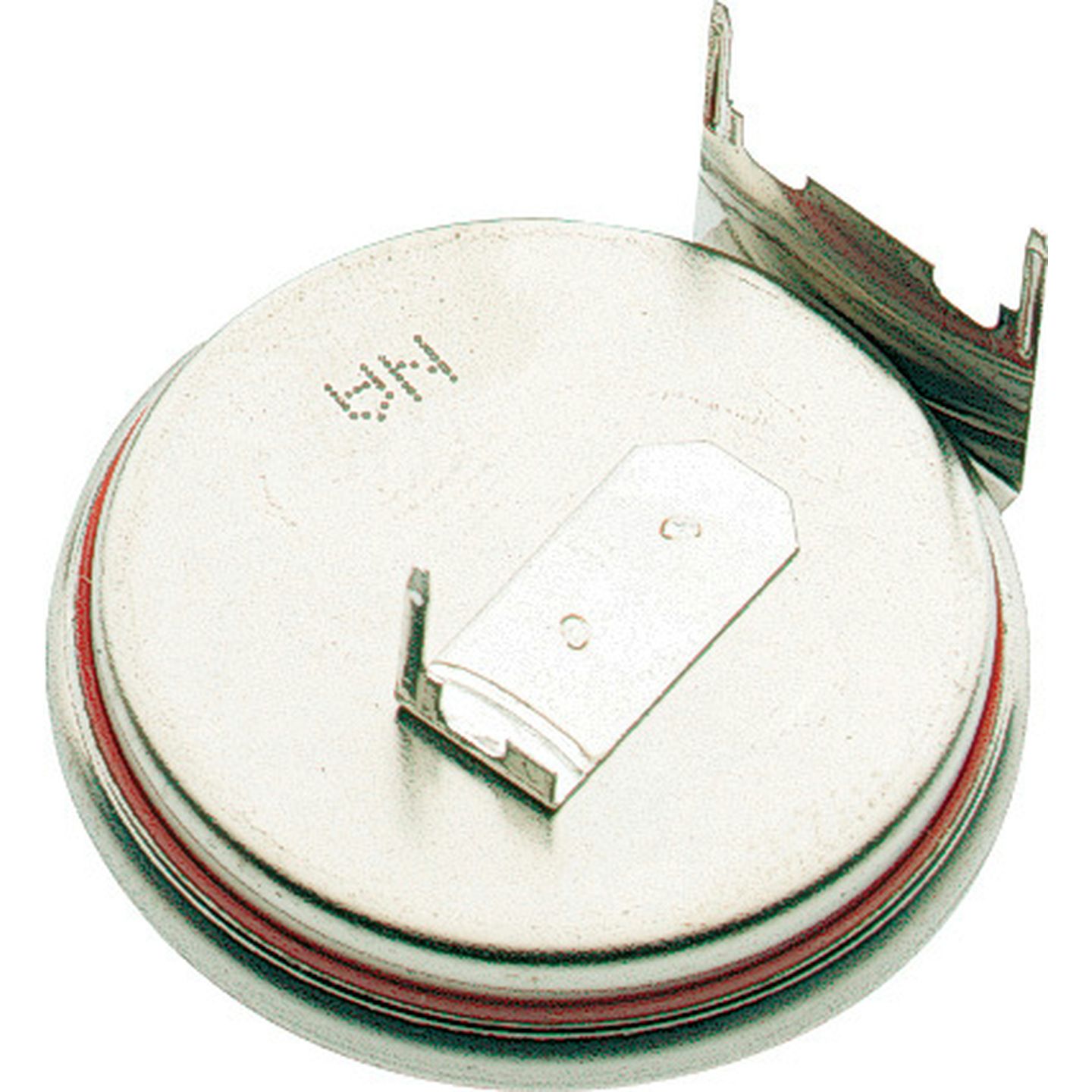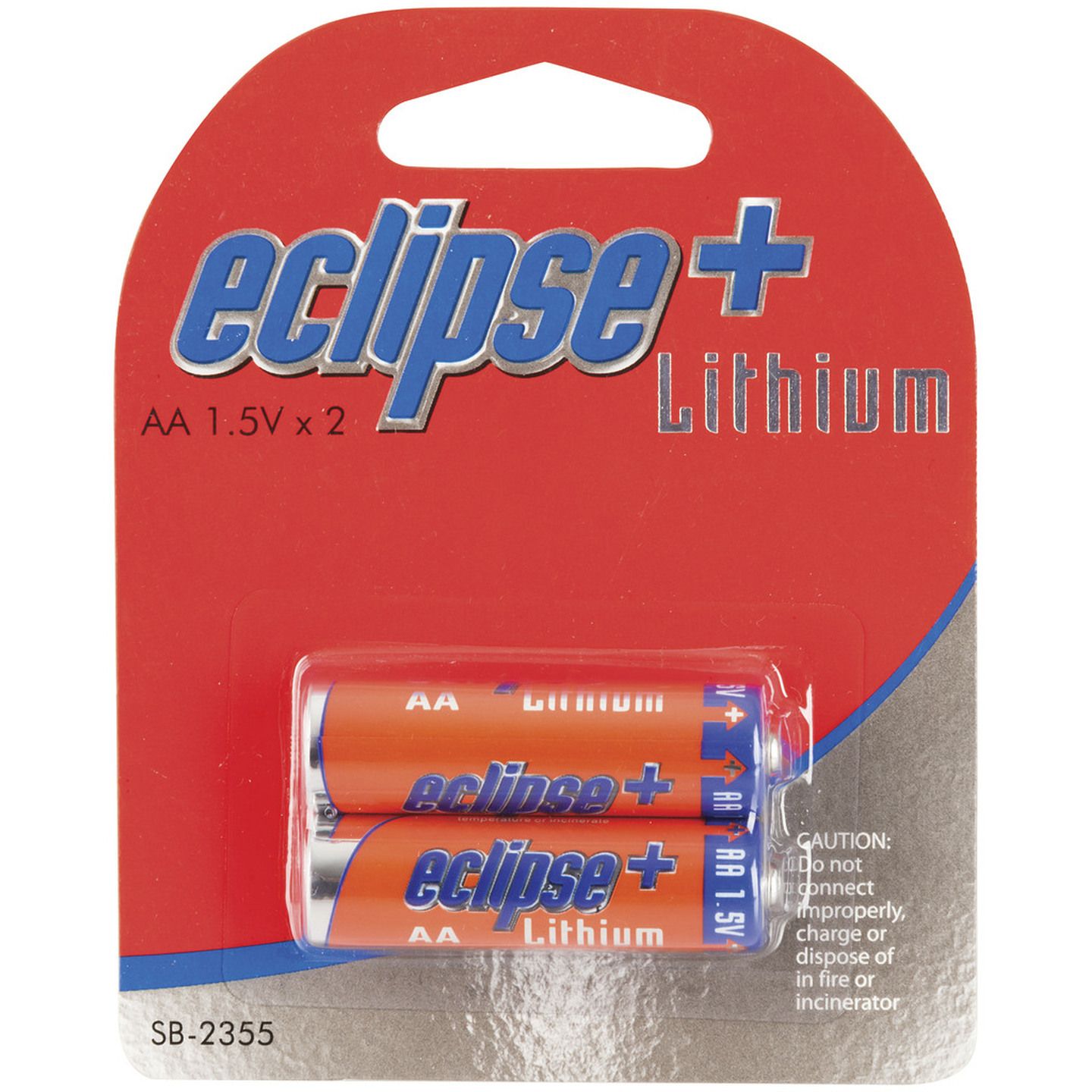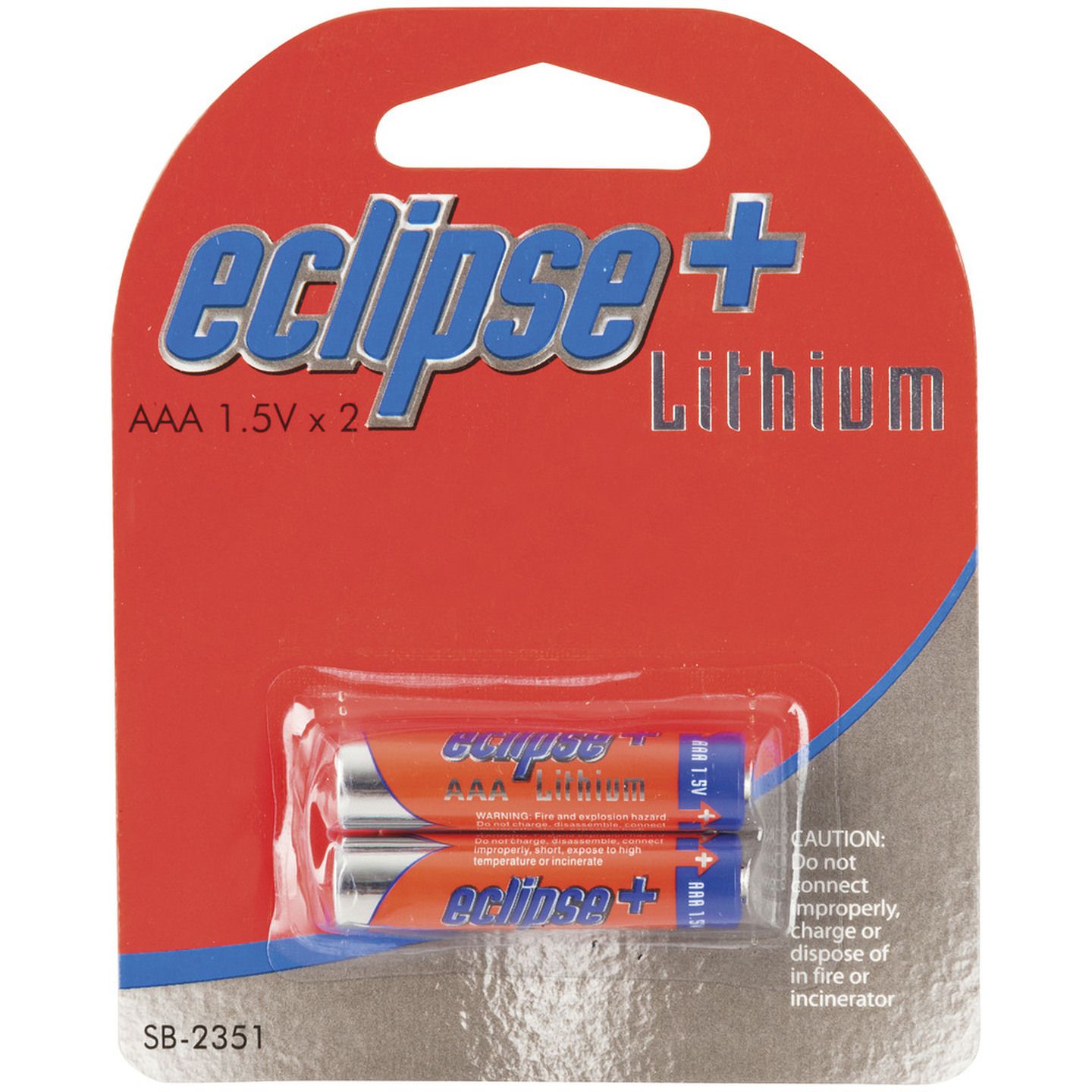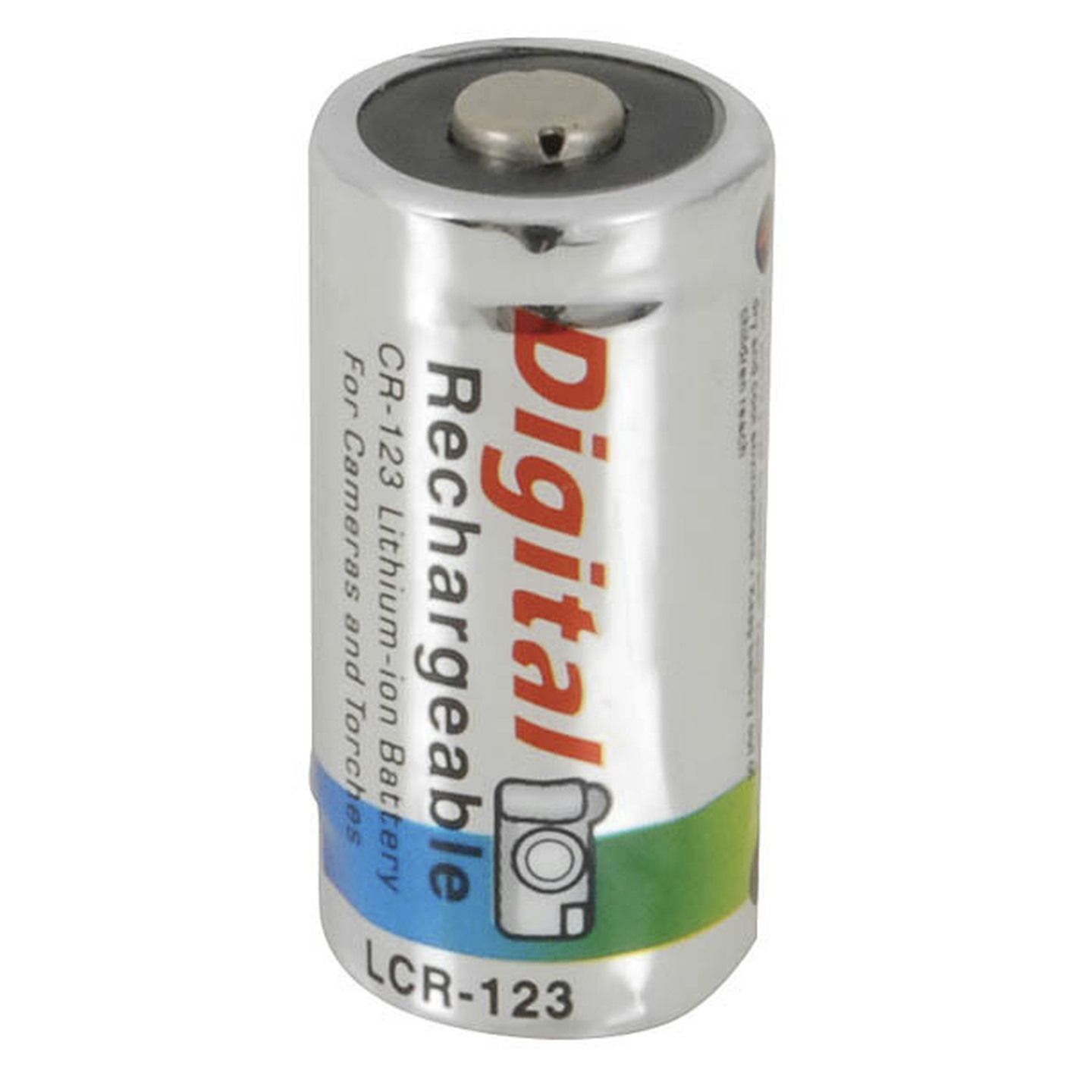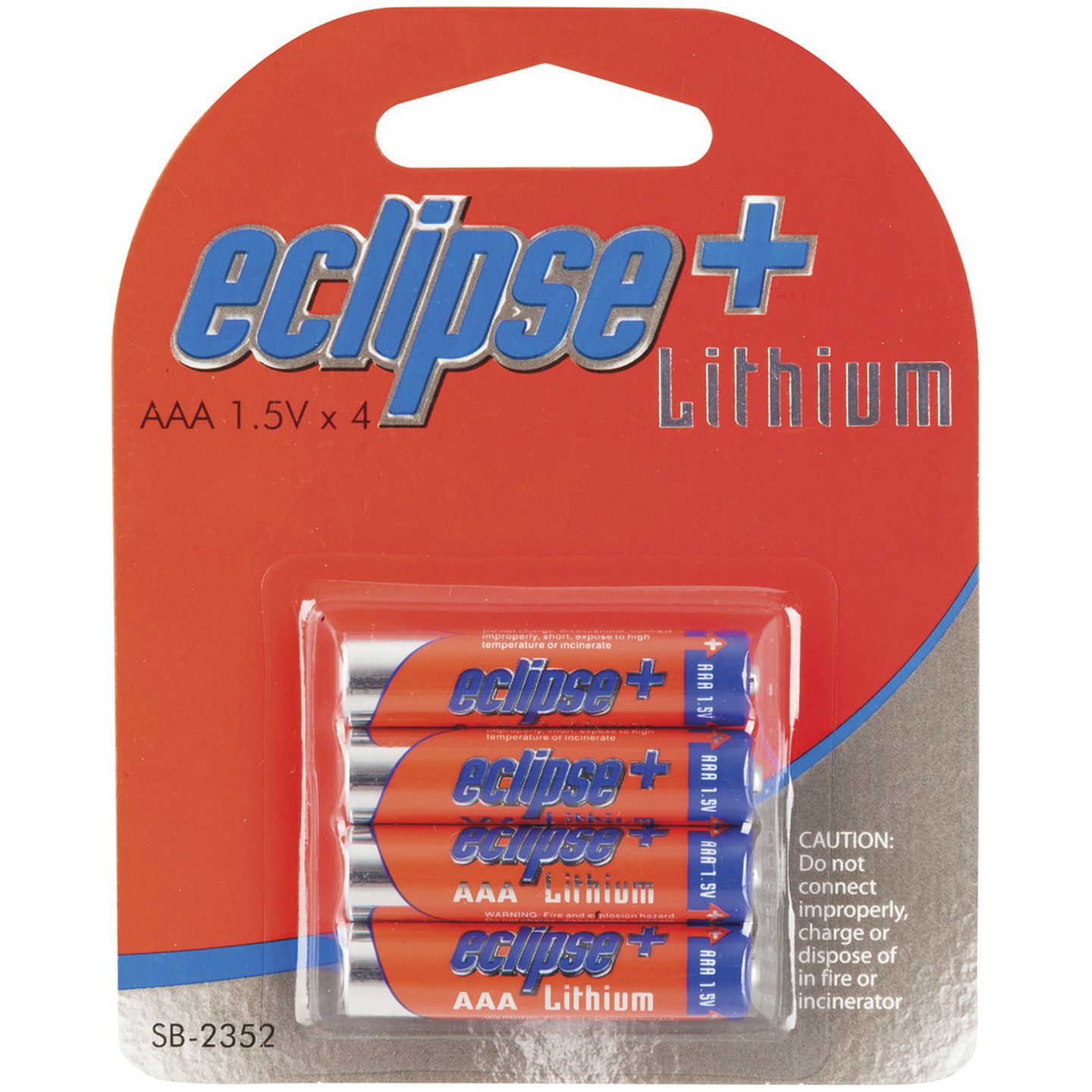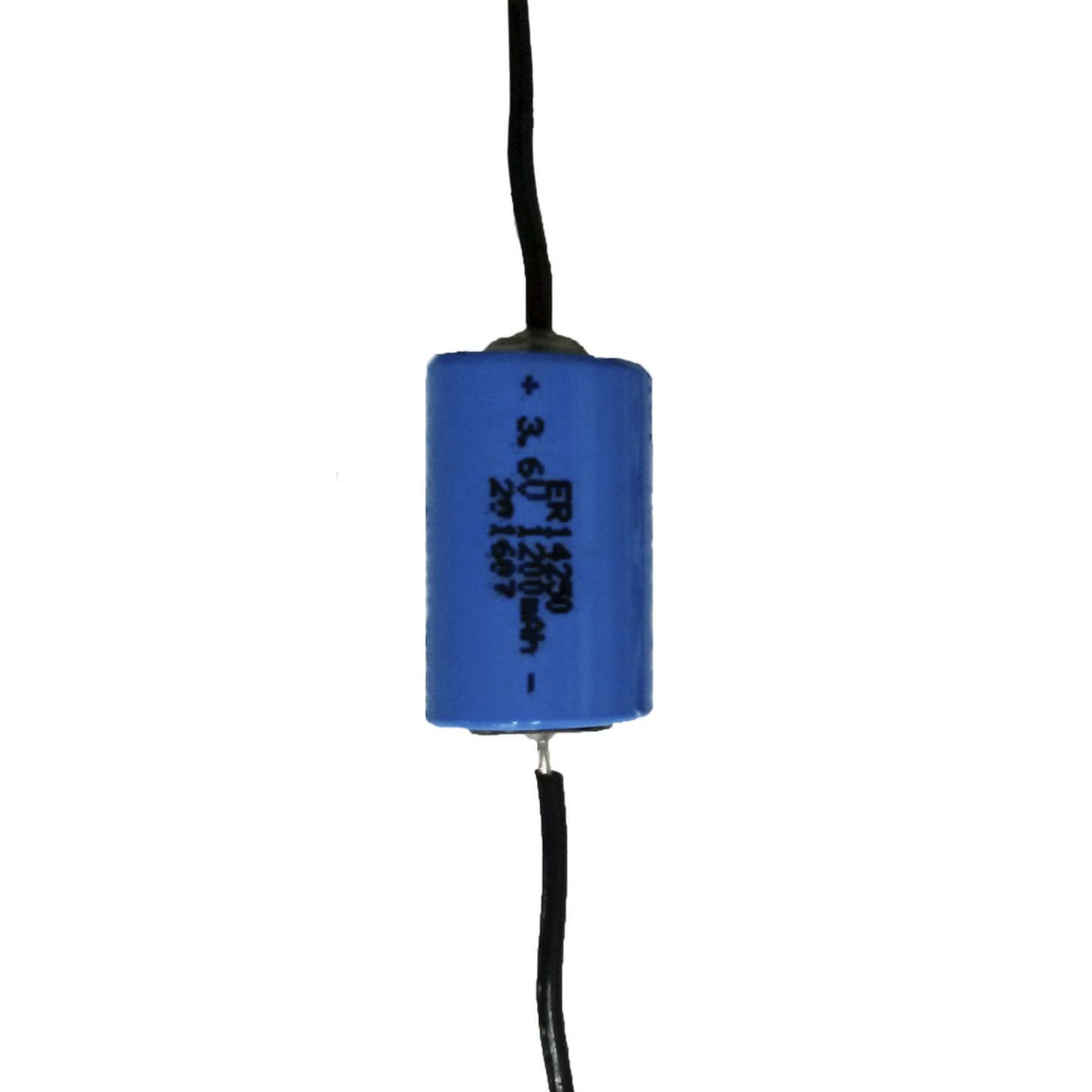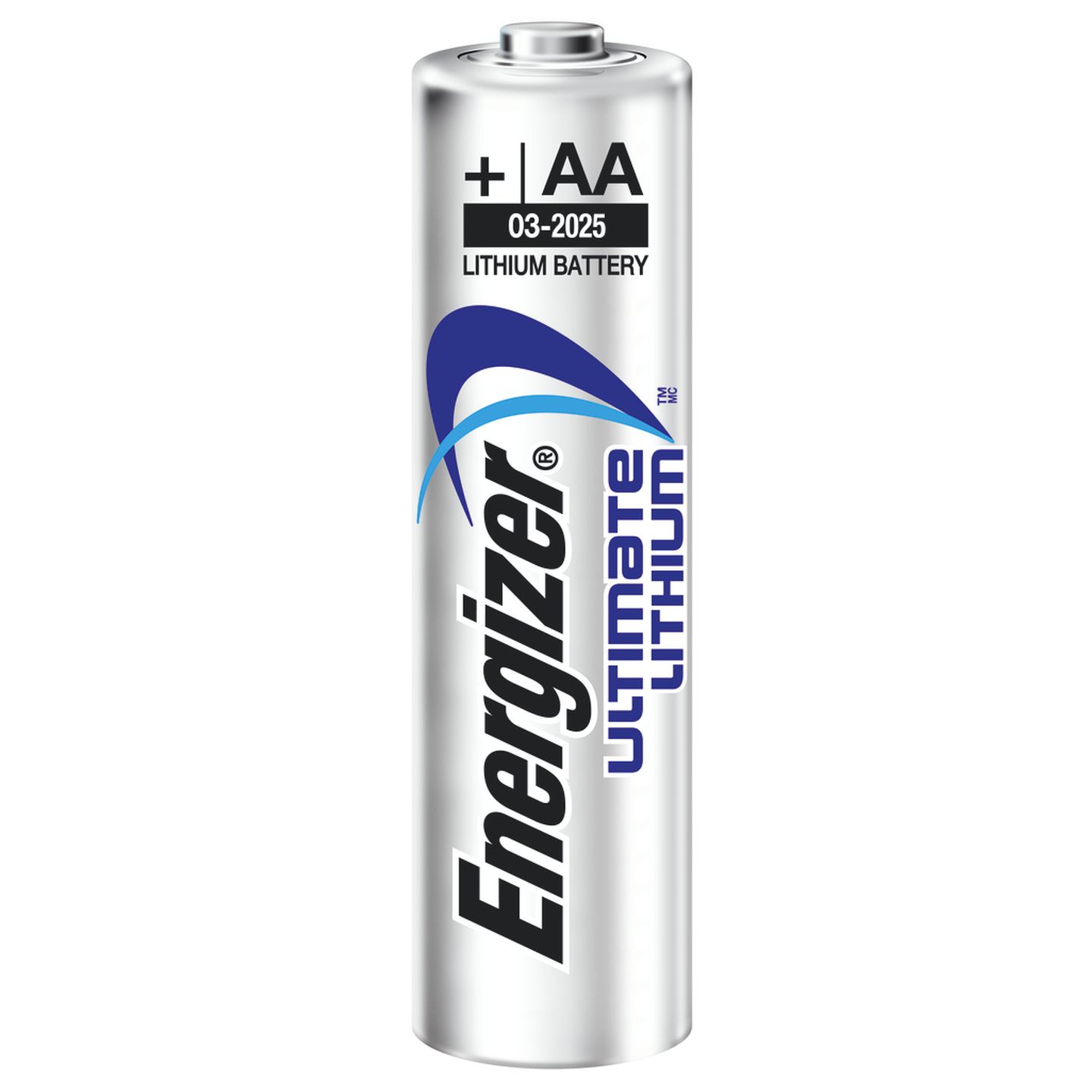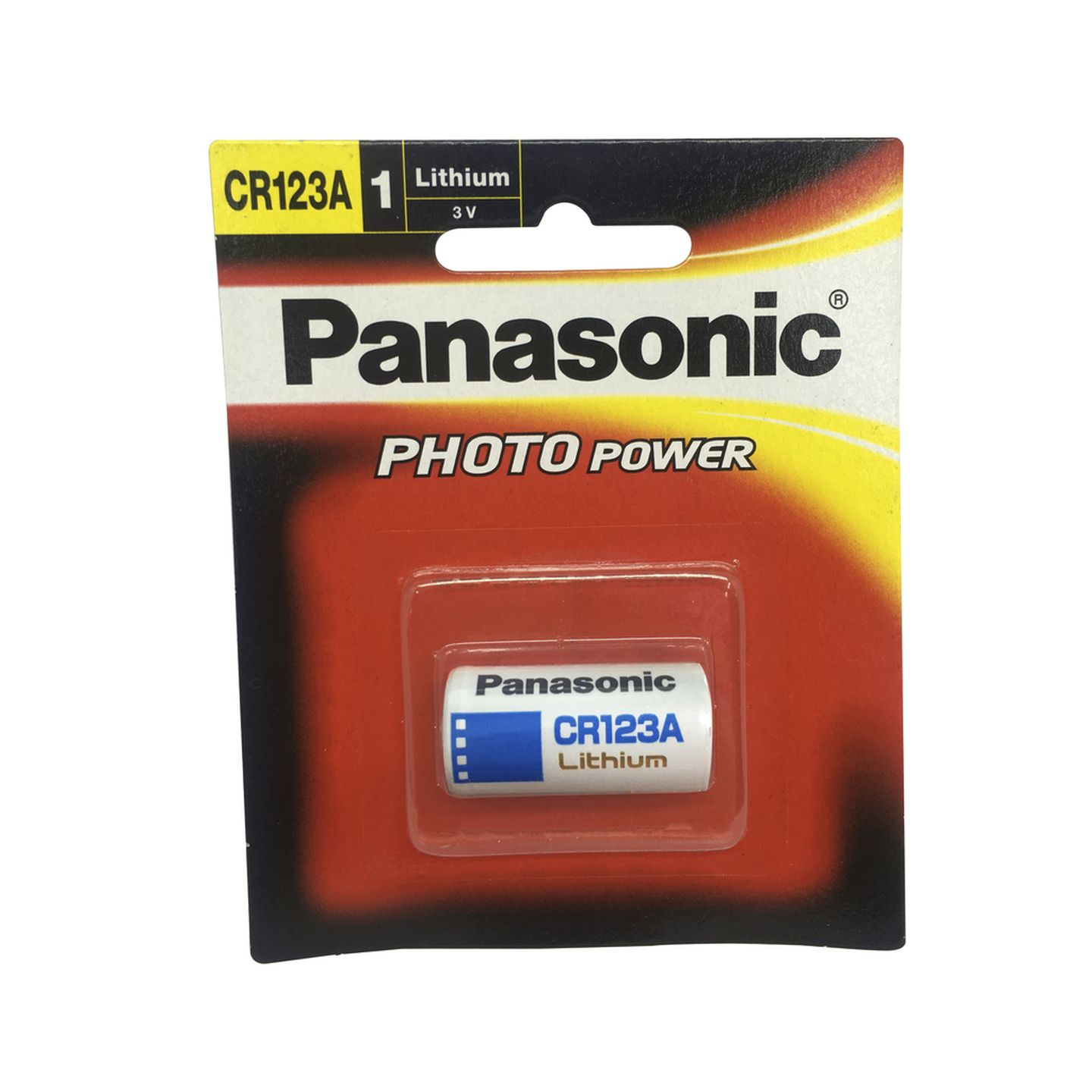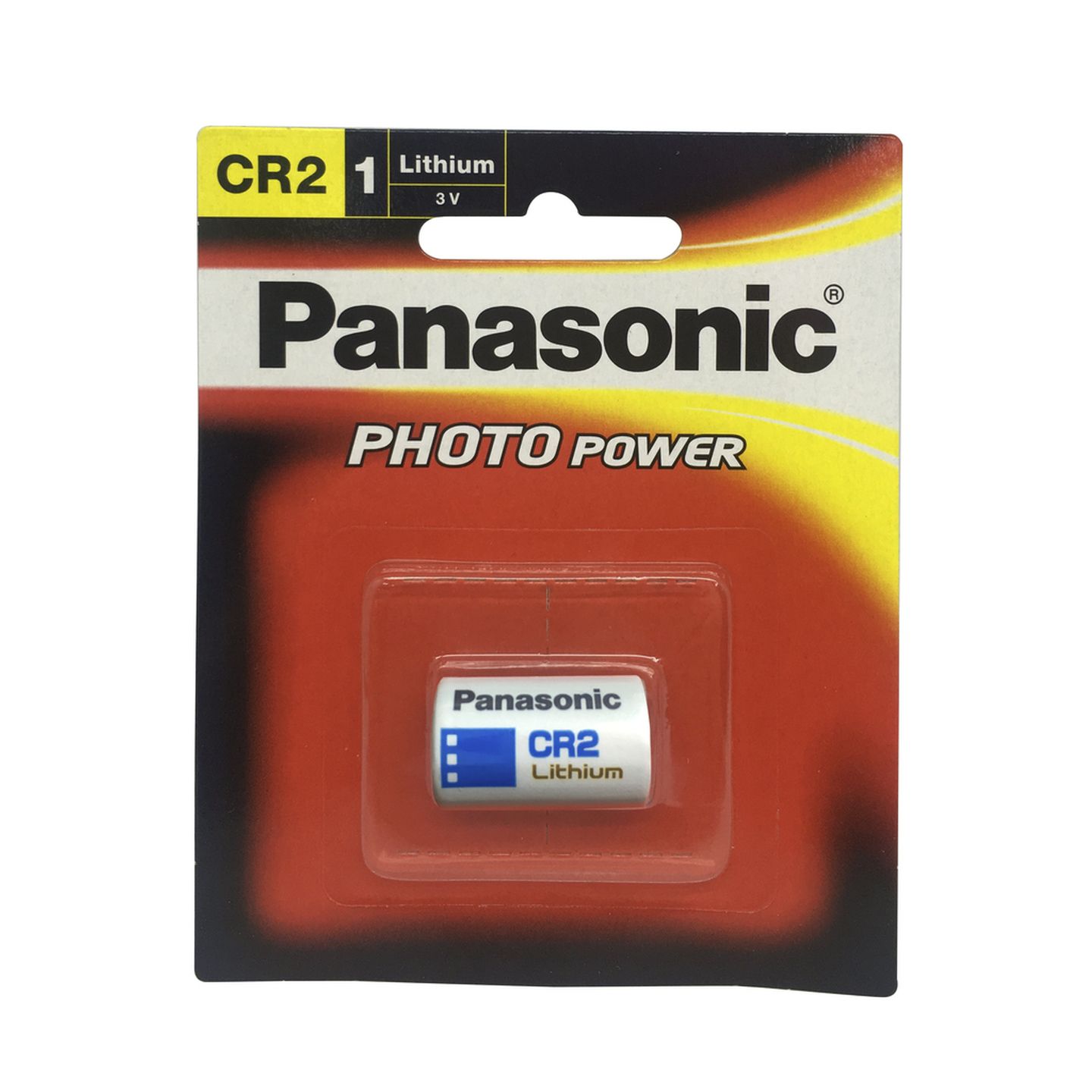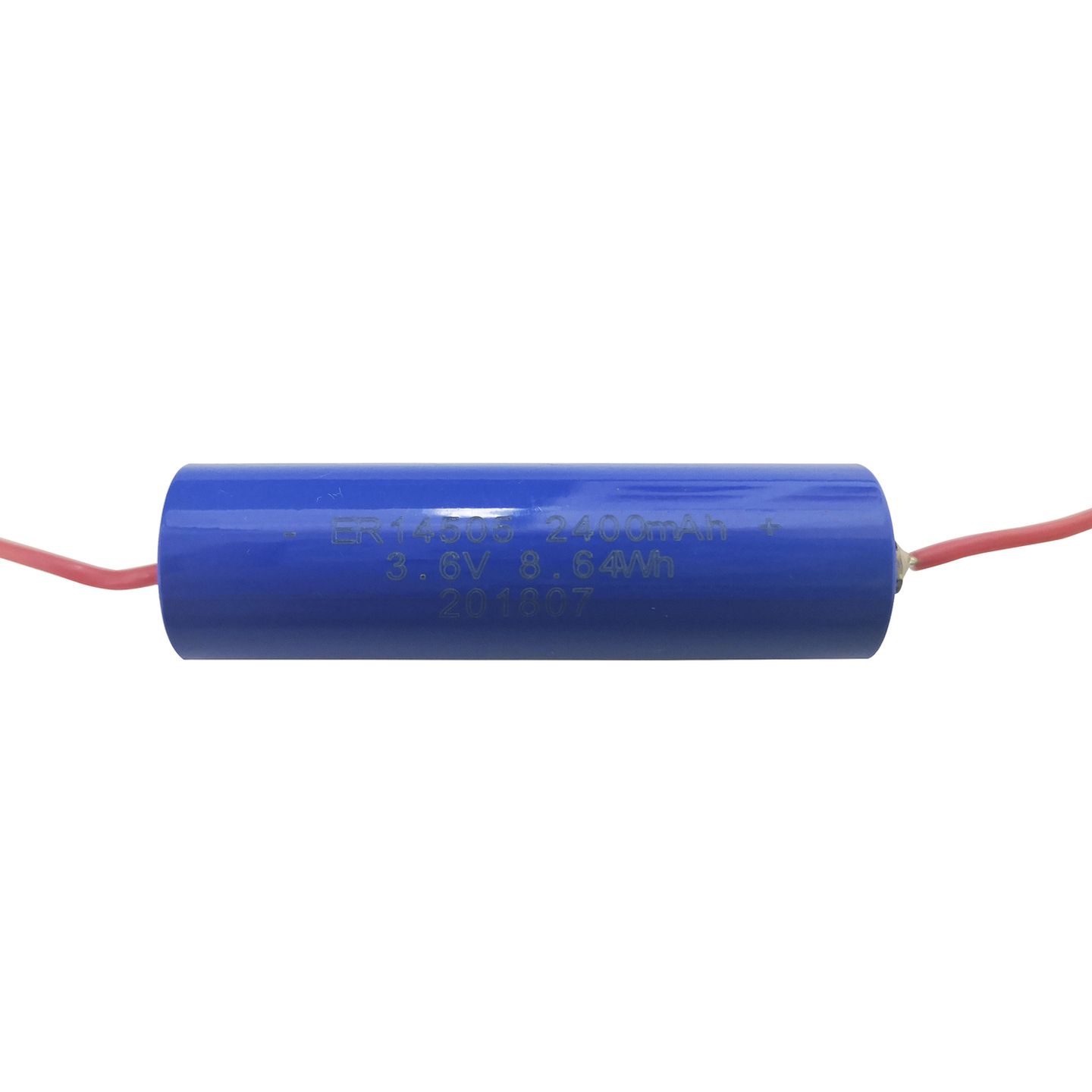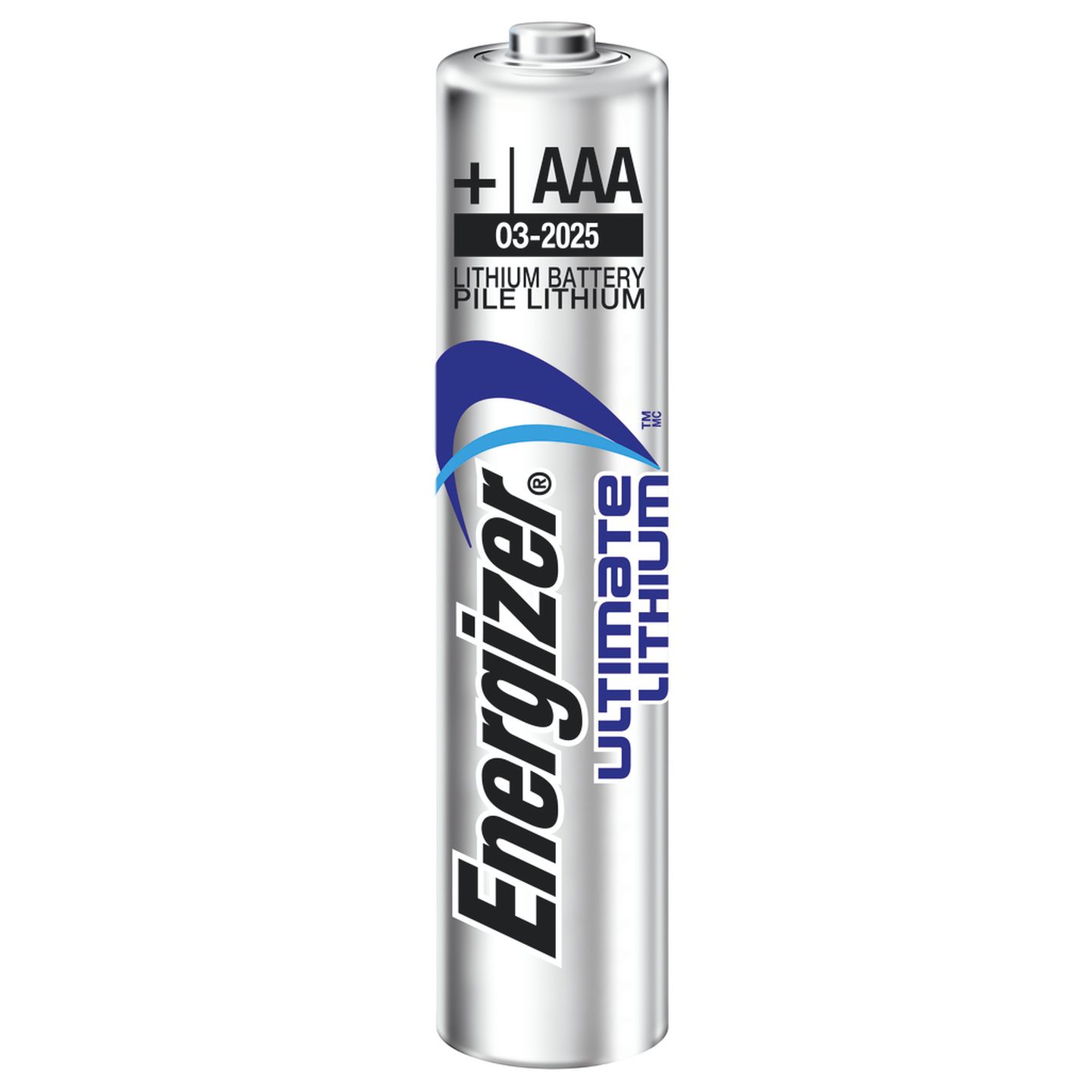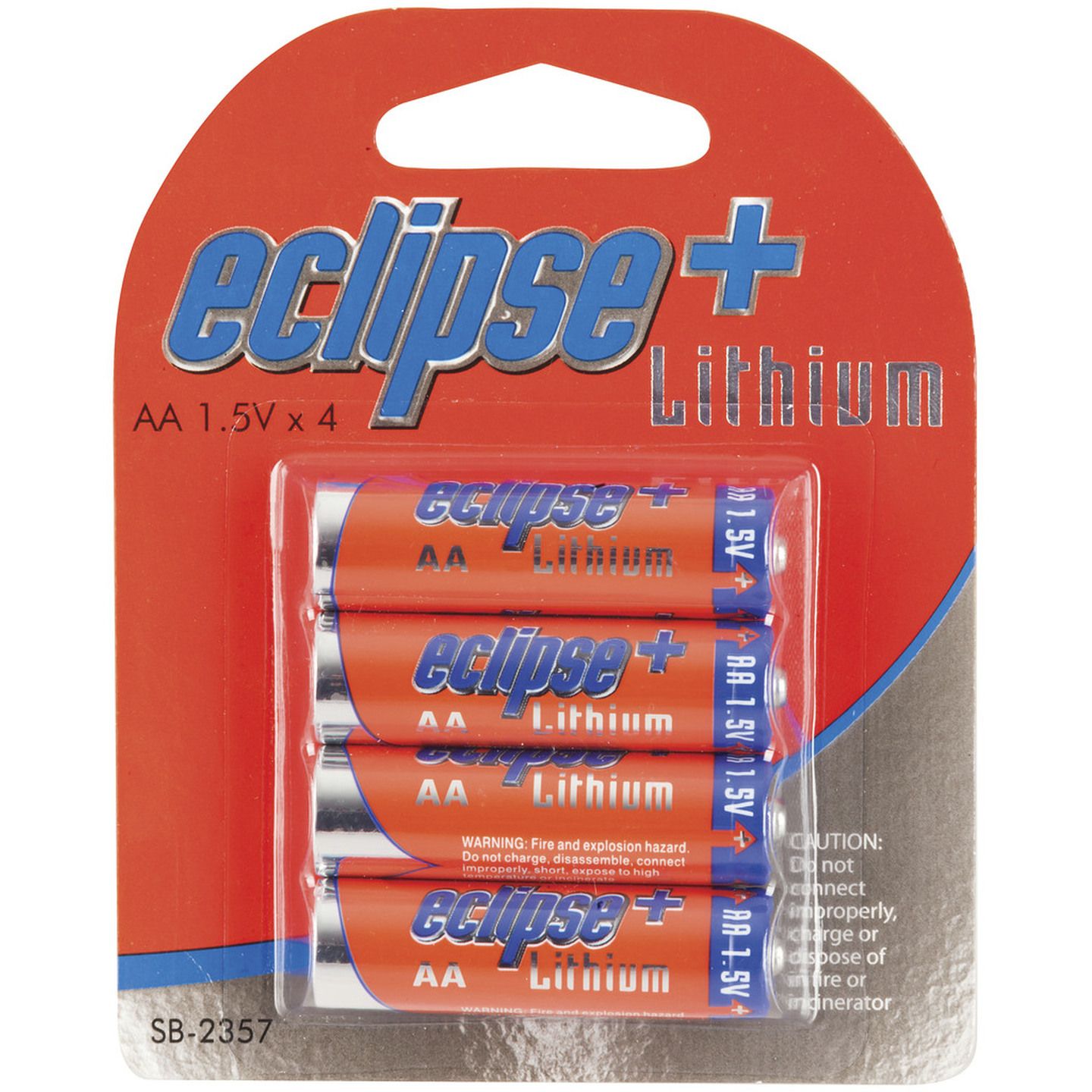Lithium
Featured Products
CR-P2 6V Lithium Camera Battery
CAT.NO: SB2401
Available for delivery
No store selected
2CR5 6V Lithium Camera Battery
CAT.NO: SB2402
Available for delivery
No store selected
Available for delivery
No store selected
CR123A 3V Lithium Camera Battery
CAT.NO: SB2400
Available for delivery
No store selected
3.6V 1/2 AA Lithium Battery - Nipple
CAT.NO: SB1770
Available for delivery
No store selected
Available for delivery
No store selected
CR2 3V Lithium Camera Battery
CAT.NO: SB2404
Available for delivery
No store selected
3.6V AA Lithium Battery - Non-Rechargable
CAT.NO: SB1774
Available for delivery
No store selected
CR123A 3V Lithium Batteries - 6 Pack
CAT.NO: SB2324
Available for delivery
No store selected
CR2450NRH 3V PCB Mounting Lithium Coin Battery
CAT.NO: SB1622
Not available for delivery
No store selected
Not available for delivery
No store selected
Not available for delivery
No store selected
Rechargeable 3V Lithium Ion CR123A Battery
CAT.NO: SB2411
Not available for delivery
No store selected
Not available for delivery
No store selected
Lithium AXIAL 1/2AA 3.6v
CAT.NO: SB1771
Not available for delivery
No store selected
Available for delivery
No store selected
Panasonic CR123A Lithium Camera Battery
CAT.NO: SB2980
Available for delivery
No store selected
Panasonic CR2 Lithium Camera Battery
CAT.NO: SB2982
Available for delivery
No store selected
3.6V AA Lithium Battery - Axial
CAT.NO: SB1775
Available for delivery
No store selected
Available for delivery
No store selected
Available for delivery
No store selected
Lithium Batteries
Unleash the potential of high-efficiency power with Jaycar's premium selection of lithium batteries. Tailored for many applications, from powering your favourite portable devices to ensuring your renewable energy systems run seamlessly, our lithium batteries stand at the forefront of energy solutions. Jaycar commits to offering products that meet and exceed performance, reliability, and sustainability expectations.
What is a lithium battery?
Lithium batteries are high-energy-density power sources, utilising lithium ions as their primary component. These batteries offer a significant advantage in longevity and efficiency over traditional batteries. Their lightweight nature has become indispensable in portable electronics and electric vehicles. Their rechargeable versions, lithium-ion batteries, have revolutionised energy storage solutions.
Are lithium batteries dangerous?
While lithium batteries are generally safe, they require careful handling due to their high energy density. Inappropriate use or damage can lead to overheating and, in rare cases, combustion. Safety protocols include proper storage, avoiding extreme temperatures, and using a compatible charger. Manufacturers incorporate multiple safety features to mitigate risks.
How to Charge a Lithium Battery
Charging a lithium battery requires a specific charger to manage its unique chemistry. This process involves stages: pre-charging, constant current, and constant voltage charging. Ensuring the battery charger is compatible and not exceeding recommended charging rates is crucial for battery health. Overcharging can damage the battery, reducing its lifespan.
Can lithium batteries be recycled?
Yes, lithium batteries are recyclable. Specialised recycling centres handle them, recovering valuable materials like cobalt, lithium, and nickel. Recycling these batteries conserves resources and minimises environmental impact. However, it's essential to follow local regulations for disposal and recycling to ensure safety.
How long do lithium batteries last?
Lithium batteries typically outperform their counterparts, offering a lifespan of 3 to 5 years or 500 to 1000 charge cycles, whichever comes first. Their longevity depends on usage patterns, charging habits, and storage conditions. Proper maintenance can extend their life further, maximising your investment.
How to dispose of lithium batteries?
Disposing of lithium batteries should be done with care. They must not be thrown in regular trash due to potential chemical hazards. Local recycling centres or special battery disposal programs are equipped to handle them safely. This practice prevents pollution and recovers valuable materials.
How do lithium-ion batteries work?
Lithium-ion batteries move lithium ions between the anode and cathode during charging and discharging cycles. This flow generates an electric current, powering devices. Their design allows for repeated cycles with minimal loss of capacity, making them highly efficient for numerous applications.
What are lithium batteries used for?
Applications for lithium batteries span from small devices like smartphones and laptops to large systems such as electric vehicles and solar power storage. Their high energy density and lightweight characteristics make them ideal for portable electronics. Additionally, their rechargeability supports sustainable energy solutions.
How long does a lithium battery last?
Thanks to their high energy density, lithium batteries can power devices longer than many alternatives on a single charge. Duration varies by application, from hours in high-drain devices to years in low-power applications like remote controls and security camera systems. Regular use and charging habits influence their overall lifespan.
Are lithium batteries safe in caravans?
Lithium batteries offer a safe and efficient power solution for caravans, given their high energy density and durability under varied conditions. When installed correctly and with appropriate safety mechanisms, they pose no greater risk than other battery types. Their lightweight nature and longevity make them preferable for mobile living.
What is the difference between a lithium and an AGM or lead-acid battery?
Lithium batteries differ significantly from AGM or lead-acid batteries in efficiency, lifespan, and weight. They offer a higher energy density, resulting in a lighter, more compact solution that lasts longer and requires less maintenance. While AGM and lead-acid batteries are cost-effective, lithium batteries provide superior performance and are more environmentally friendly over their lifecycle.
Shop Lithium Batteries at Jaycar
Our commitment at Jaycar is to provide you with not just products but solutions that enhance your life. Whether exploring the great outdoors in your caravan with a 12-volt lithium battery or powering high-demand devices, our lithium battery range is designed to meet your needs. Explore our selection today and experience the power of advanced battery technology.


